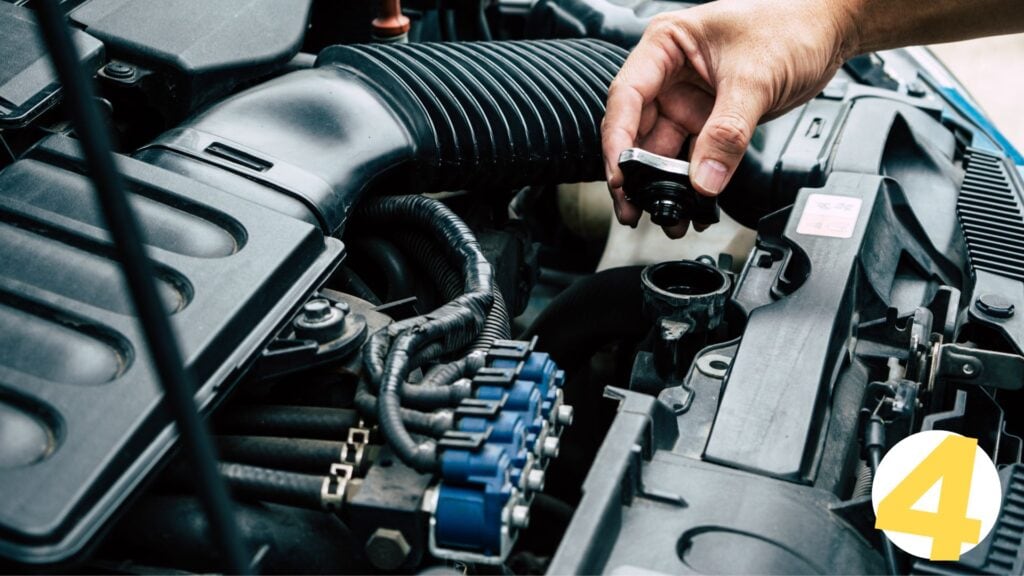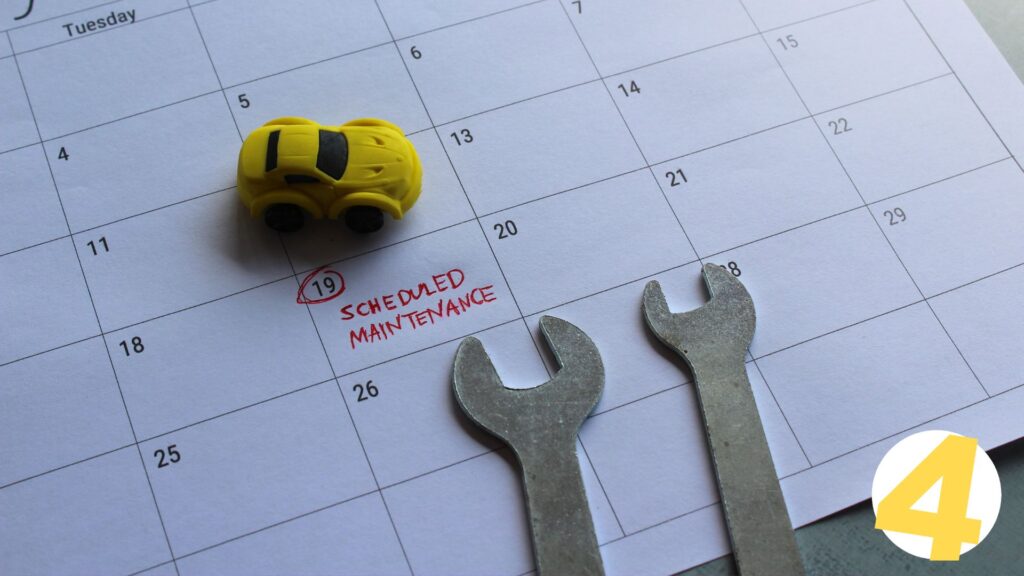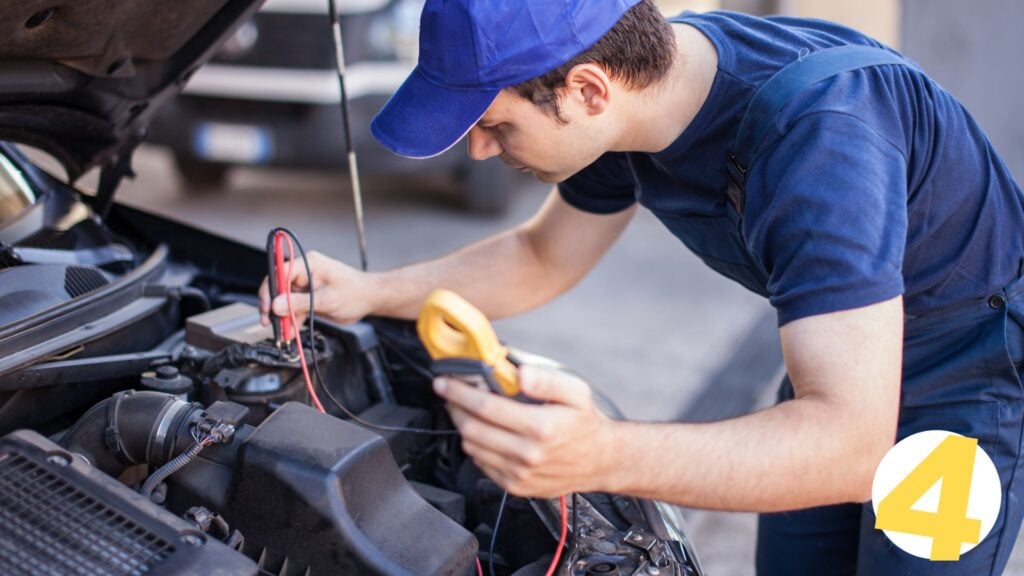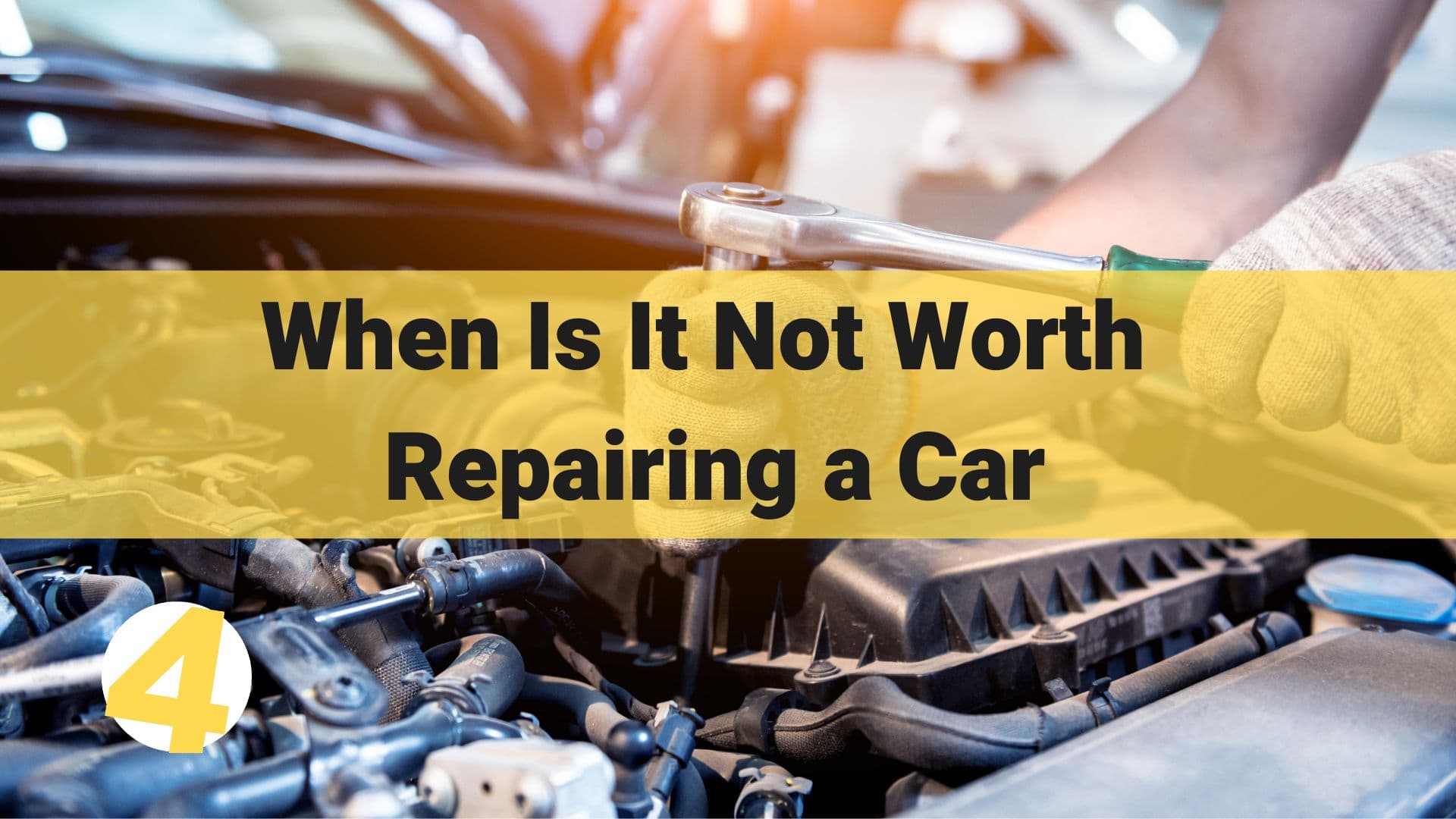Repairing a car is not worth it when costs exceed the vehicle’s value or if frequent breakdowns occur, which indicates its declining reliability.
Learn the details about when is it not worth repairing a car and discover more practical car maintenance insights in our full article.
Understanding the Dilemma: Repair or Replace?
When your car breaks down, the big question is whether to fix it or get a new one. It’s not just about money. You have to think about the car’s age, its condition, and how much you rely on it daily.
A newer car might just need a small fix, but an older one could be a money pit. Think long-term: will repairs cost more than the car’s worth? Sometimes, it’s better to cut your losses and invest in a new ride.
Factors Influencing the Decision
Several things affect this choice:
- Car’s Value: If repair costs are half the car’s worth or more, it’s time to think about replacing it.
- Age Matters Too: Older cars might not be worth fixing due to parts availability and future breakdown risks. Think about reliability – how often does it break down? If you’re always at the mechanic, it’s a red flag.
- Your Needs: If your lifestyle has changed, maybe you need a bigger car or something more fuel-efficient.
This decision isn’t just about the car. It’s about what works best for you.

Financial Considerations in Car Maintenance
Money talks when deciding to repair or replace your car. You need to weigh the repair costs against buying a new or used vehicle. Don’t just look at the immediate expenses. Think about future repairs, maintenance, and even fuel costs.
Why sell your junk car? Sometimes, a new car with a warranty and better fuel efficiency is a smarter financial move than sinking cash into an old vehicle
The 50% Rule: Repair Costs vs. Car’s Value
Here’s a straightforward guideline: the 50% rule. If repair costs are more than half of your car’s current value, it’s time to consider replacement.
The reason for this is because you’re likely to spend more in the long run keeping an old car running than you would on payments for a newer, more reliable vehicle. It’s a practical, no-nonsense way to think about your car’s future.
Long-Term Financial Implications of Both Choices
Look beyond the immediate costs. With repairs, there’s the risk of more breakdowns and even higher future repair bills. With a new car, you might face loan payments, but you’ll likely save on maintenance and get better fuel economy.
Also, consider resale value. A newer car holds its value better than an older, high-mileage one. The right choice depends on your financial situation and how much you can realistically spend now and in the future.
Practical Aspects of Repairing vs. Replacing a Car
Time is money, especially when it comes to cars. If you’re fixing your car, think about how long it’ll be in the shop. Can you manage without it?
On the other hand, buying a new car takes time, too – from researching to dealing with salespeople. Selling your old car adds another layer of hassle. Choose what’s less of a headache for your schedule.
Reliability and Safety Concerns
Older cars might break down more, which might leave you stranded or constantly visiting the mechanic or calling junk car towing services. Moreover, newer cars have better safety features – think airbags, better brakes, and advanced stability control. If your old car’s safety is questionable, it’s a strong argument for upgrading.
Advantages of Modern Features in New Cars
New cars come with perks. They have the latest tech – like better fuel efficiency, advanced navigation systems, and smartphone integration. These features make driving more enjoyable and can even save you money, like with improved gas mileage. If these modern benefits matter to you, a new car might be worth the extra cash.

Common Issues and Repairs in Cars
Engine and transmission problems are among the most expensive repairs. If your car’s engine starts making weird noises or the transmission isn’t shifting smoothly, brace yourself for a hefty bill. These issues can signal major trouble, and sometimes, it’s more cost-effective to get a new car than to shell out big bucks for these repairs.
Frequent and Less Expensive Maintenance Needs
Then there’s the regular stuff – oil changes, brake pads, tire rotations. This maintenance doesn’t cost a fortune, but it adds up over time. Keeping on top of these smaller, more frequent jobs is crucial. They keep your car running smoothly and can prevent bigger, more expensive problems down the road.
Recognizing Signs of Major Car Failures
Knowing when your car is on the brink of a major failure is key. Warning signs include strange noises, smoke, excessive oil consumption, or a check engine light that won’t go away.
These symptoms might mean big trouble. Ignoring them could lead to a breakdown or, worse, a total car failure. If you’re seeing these signs, it’s time to weigh the costs of repairs against getting a new car.

FAQs – When Is It Not Worth Repairing a Car?
At What Point Should You Replace Your Car?
Replace your car when repair costs keep piling up. If it’s causing more stress than convenience, it’s time for a change.
What Happens If My Car Can’t Be Repaired?
If your car can’t be repaired, or it’s too expensive to fix, it’s time to let it go. You can sell it for parts or scrap or trade it in. Use whatever cash you get to put towards a more reliable vehicle.
When Should I Change My Car?
Change your car if it’s unreliable, unsafe, doesn’t meet your needs, or if the cost of keeping it running is higher than its worth. Also, if you’re craving newer technology or better fuel efficiency, consider an upgrade.
How Often Do Cars Need to Be Fixed?
It varies. New cars might only need routine maintenance. Older cars may need more frequent repairs. Generally, expect some kind of maintenance every few months and more significant repairs every few years, depending on how much you drive and how well you take care of your vehicle.
Maximizing Value with Cash4Cars: When Repairing Isn’t Worth It
When faced with the decision of whether to repair or replace your car, it’s crucial to consider the financial implications, practical aspects, common repair issues, and your personal circumstances. Understanding when repairs are no longer economically sensible is key.
For those in Philadelphia and nearby areas, Cash4Cars offers an efficient and beneficial solution to this dilemma. If you are stuck with a car that’s more trouble than it’s worth, this is where Cash4Cars steps in. We specialize in offering an efficient, rewarding, and hassle-free solution for selling your car, no matter its condition. Whether it’s old, damaged, or simply not running, we see the value in your vehicle.
Our approach is centered around making your experience as seamless and convenient as possible. We understand the frustrations that come with trying to fix a car that’s constantly breaking down or has become a financial burden.
With Cash4Cars, you can rest assured that you’re making the right choice when deciding it’s not worth repairing your car. We turn your automotive headache into a rewarding experience, putting cash in your hands and peace in your mind. Call us now to get a free, no-obligation quote.









